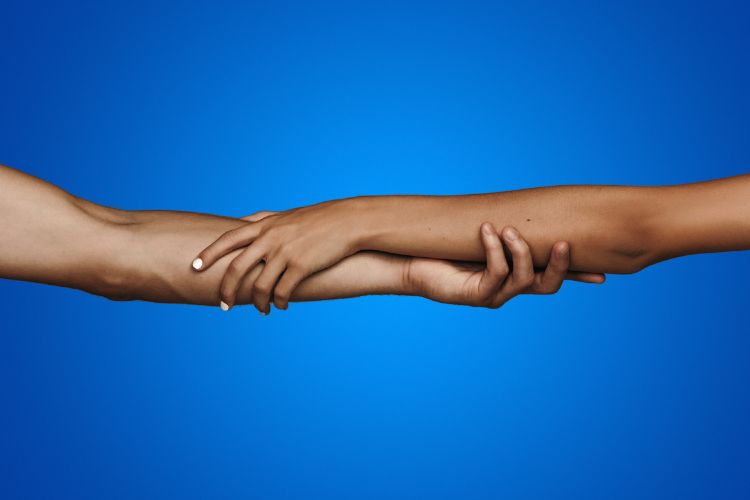We went to our favourite shop, me and my two year old son. It’s a shop that sells fabrics, cushion covers, pieces embroidered with golden thread and sequins to put on the wall, jewellery, malas, incense, solid perfumes, and such stuff. The shop owner is a lovely lady who lets my son play around and make a complete mess of everything while she and I have a chat.
My son is particularly fond of the solid perfumes, and everything that smells, this day he discovered a scented candle that fascinated him enormously. Since he wouldn’t let go of the candle I felt I just had to buy it for him, thought we could light it during dinner time to make our dinners a bit more special. It was rather expensive, and I’m not a fan of scented candles, but you know, anything for the child.
So we went home and my son insisted on playing with the candle. He loves it and he holds it so carefully with both his little hands while sniffing in the rather synthetic lemon smell and smiling with big eyes. He puts it down, poke his finger into the surface with the dried lemon slice, feeling the texture of the candle wax. Picks it up again, a bit too fast as the glass jar now drops from his hands and smashes on the floor, glass shattering all around his little feet. I jump to my feet and take a few careful steps among the glass so I can life him to safety while I hold him, now crying ferociously, waving his arms in despair.
We sit down, him on my lap while I hold him and talk softly. Acknowledging his sadness over the broken candle and assuring him he’s safe and no harm has been done.
I know that children need to be met with empathy and love. With assurance that they are safe and that we, the caregivers, are always there for them no matter what. No blame, no shame. Mistakes are lesson to be learned from. ”You broke the candle, the container was made of glass, next time you have to be even more careful when you carry something made of glass, understand?”. We know (and oh, I do hope all parents know…) that children need an emotionally safe environment in order to explore, learn, develop, and thrive.
Yet, when it comes to ourselves, we are too often too fast to reprehend, to impeach, to blame ourselves for not knowing better. As if we, as adults, would not need an emotionally safe environment to develop into the very best versions of ourselves.
So what if, the next time you make a “mistake”, you treat yourself the same way you would treat a child?
Acknowledge the disappointment, allow yourself to feel sad, angry, irritated. Then give yourself empathy, hold your own hand, literally. It may feel silly, yes, but the effect on your nervous system is nothing but silly. Lastly, ask yourself what you can learn from the situation. Not in the sense that you are never allowed to make the same mistake again, but because life is an endless learning endeavour and every experience is an opportunity to grow.
So how do we practice self empathy in real life?
We begin by understanding what need we tried to fulfil with our action.
Needs are conditions that human beings require in order to thrive. They are universal, natural, and if they are not fulfilled we will end up miserable in one way or another. There are physical needs, such as food, water and shelter, and intangible needs, such as freedom, understanding, validation, meaningfulness, recreation, belonging, communication and so forth.
The first step in practicing self empathy is to identify the need behind your action.
Overslept and missed an important appointment? You fulfilled your need for rest.
Lost your temper and shouted at your partner? Perhaps you tried to fulfil your need of control and autonomy?
Made an attempt to joke at a party and it landed all wrong and the person got insulted instead? You tried to fulfil a need of belonging and being liked and valued.
When we focus on needs we open a door to a greater understanding of ourselves, and we open a door through which we can move forward. Instead of being stuck in guilt or shame we gain a bit more self awareness and continue to walk the path of life a little bit better equipped for all the challenges ahead of us.

Recent Comments